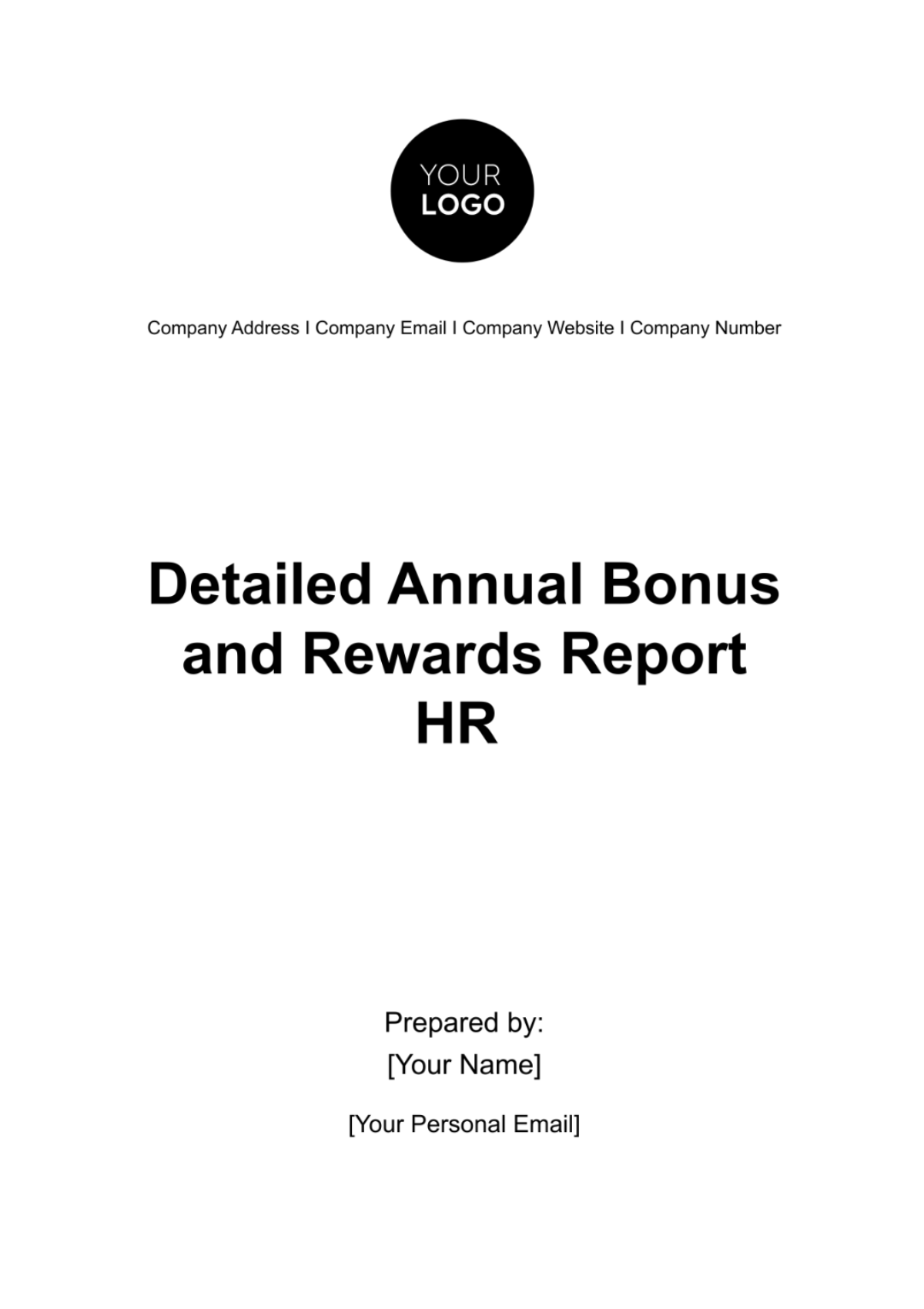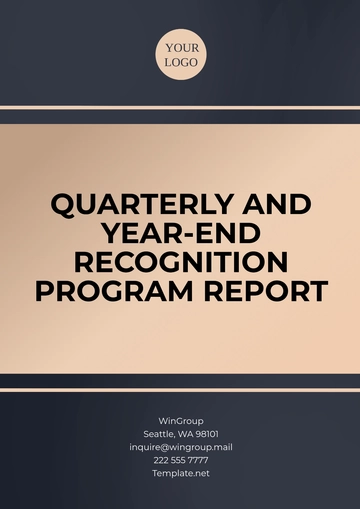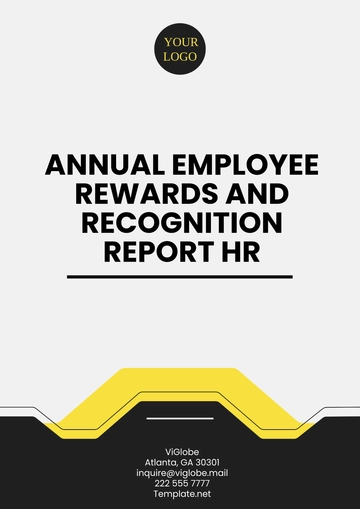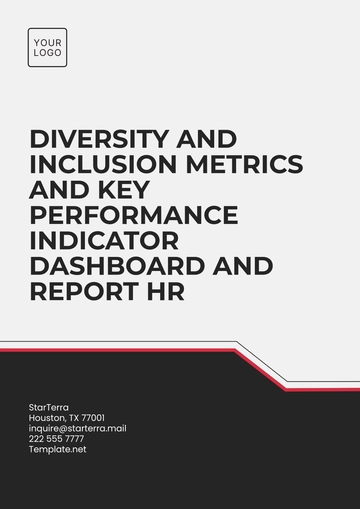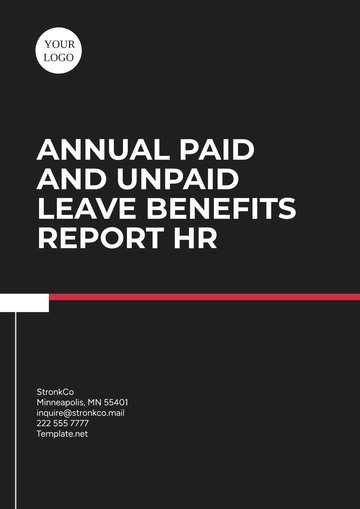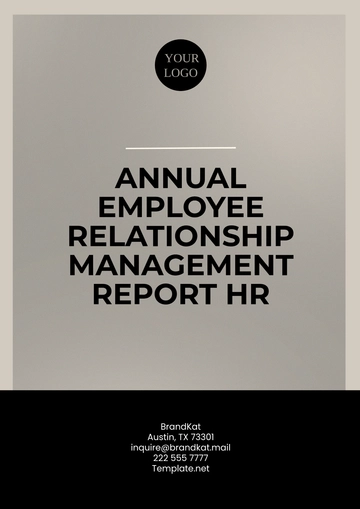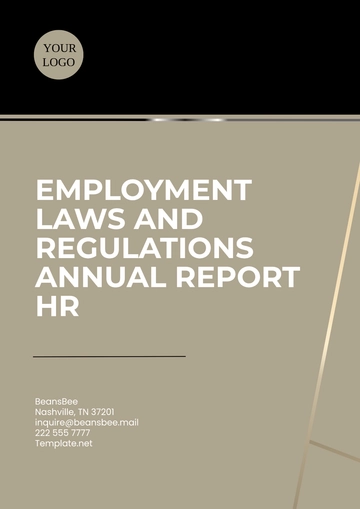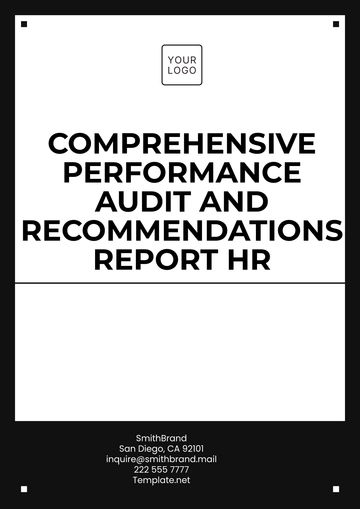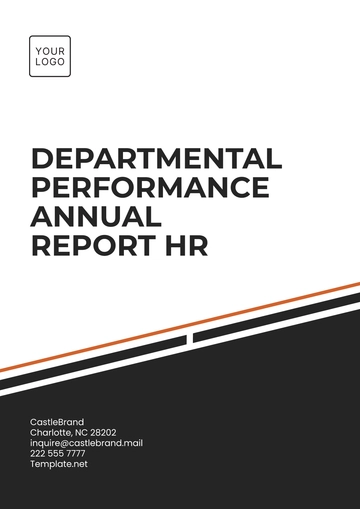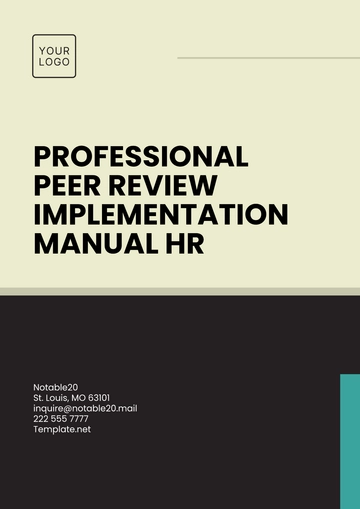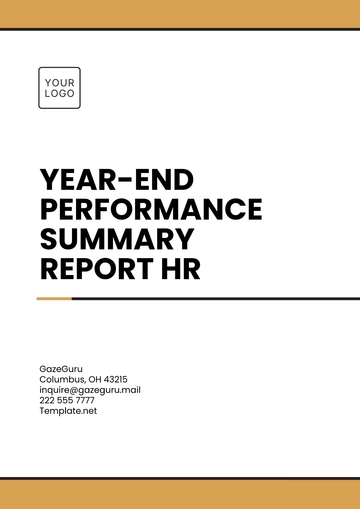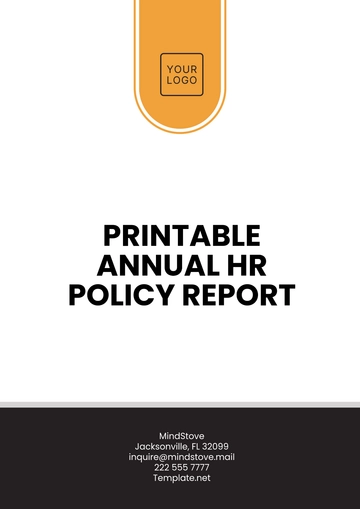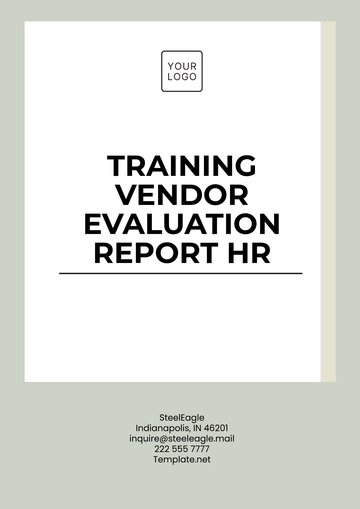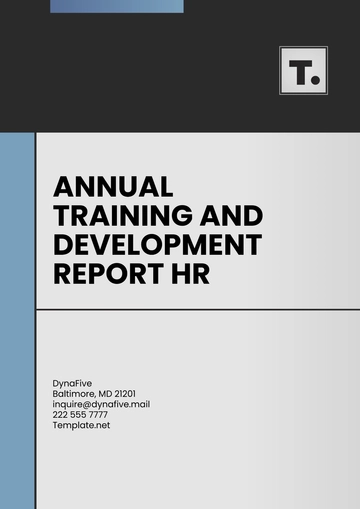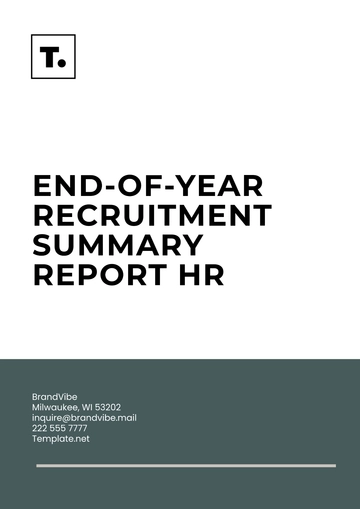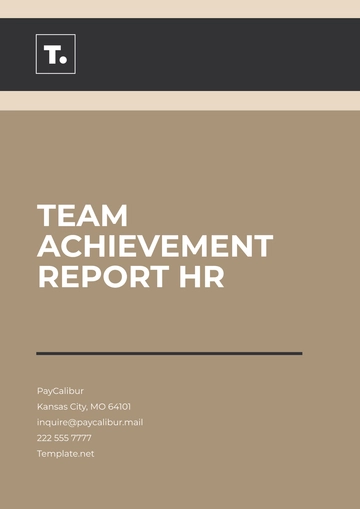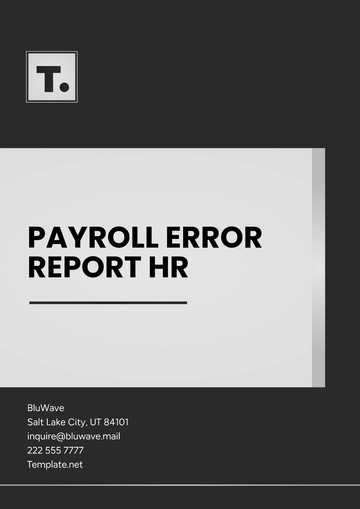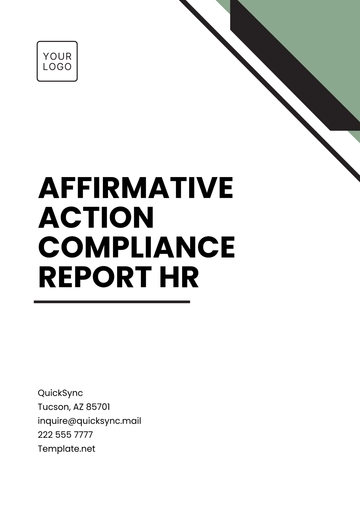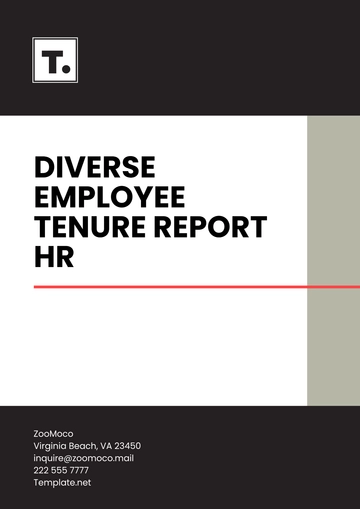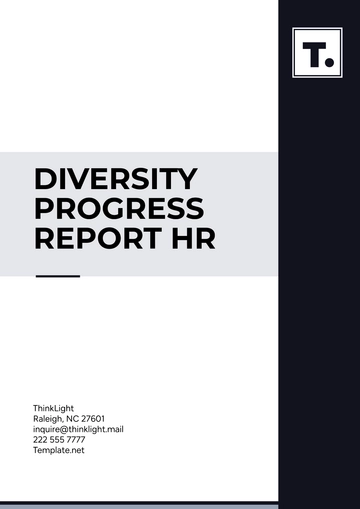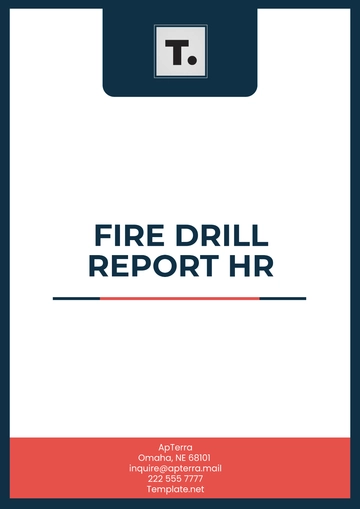Detailed Annual Bonus and Rewards Report HR
Prepared by: [Your Name]
Company: [Your Company Name]
Date: [Insert Date]
Introduction
[Your Company Name] firmly believes in recognizing and rewarding the hard work and dedication of our employees. As the end of the year approaches, it's time to reflect on our collective achievements and distribute bonuses and rewards commensurate with individual and team contributions.
Program Overview
The annual bonus and rewards program is designed to provide financial recognition to employees who have exhibited outstanding performance and have made significant contributions to the company's growth and success throughout the year. This program is our way of saying "Thank you" for the relentless efforts shown by our workforce.
Purpose of the Report
This report provides a detailed breakdown of the annual bonus and rewards distribution for the year. It aims to maintain transparency in our reward system and to give employees insight into how their bonuses are calculated based on both individual achievements and the overall performance of [Your Company Name].
Company Performance Metrics
Every bonus and reward distribution aligns closely with the performance of both the individual and the company. It is important to understand the key performance indicators (KPIs) that drive [Your Company Name]'s success.
Performance Indicator | Target | Actual | Variance |
|---|
Revenue | $1,000,000 | $1,150,000 | +$150,000 |
Customer Retention Rate | | | |
Product Launches | | | |
Operational Efficiency | | | |
Market Share | | | |
Relevance to Bonus Determination
The above performance metrics play a crucial role in the determination of the annual bonus pool. A positive variance typically means that [Your Company Name] has surpassed its targets, leading to a larger bonus pool. Conversely, not meeting the targets may impact the bonus distribution. The bonus each employee receives is a function of both the company's overall achievement of these metrics and individual performance metrics.
Bonus Structure and Calculation
Bonuses at [Your Company Name] are not just arbitrary figures; they are thoughtfully determined based on a mix of the company's performance, individual achievements, and the role's inherent value to the company. This section aims to provide a transparent breakdown of how bonuses are calculated and distributed among different tiers or categories.
How Bonuses are Calculated
Company Performance Component: A portion of the bonus is determined by [Your Company Name]'s achievement against its key performance indicators. For instance, if the company achieves 100% of its target revenue, the maximum bonus pool is unlocked. Any surplus in performance, like the $150,000 surplus in our scenario, might increase the bonus pool.
Individual Performance Component: This portion is based on an employee's achievement against their KPIs set at the beginning of the year. This could include targets related to sales, project delivery, customer satisfaction, or other role-specific metrics.
Role Value Component: Some roles have inherent strategic value to the company, and this can be reflected in the bonus structure. For instance, roles in emerging business units or critical project teams might have a bonus multiplier.
The total bonus an individual receives is a blend of these three components.
Different Tiers or Categories of Bonuses
Bonus Tier/Category | Description | Bonus Percentage of Base Salary |
|---|
Platinum | Exceptional performance in all areas | Up to 20% |
Gold | Outstanding performance, with minor areas for improvement | Up to 15% |
Silver | Solid performance meeting most targets | Up to 10% |
Bronze | Meets basic expectations | Up to 5% |
Participant | For all active employees regardless of performance | Fixed amount |
Aggregate Bonus Distribution
The success of [Your Company Name] is the combined result of the efforts of every team and individual. As a demonstration of our commitment to recognizing and rewarding these efforts, we've outlined the distribution of our bonus pool based on our key performance metrics and our bonus structure.
Total Bonus Pool Amount
Given the company's exemplary performance against its key indicators, especially the revenue surplus of $150,000, the total bonus pool for this year is set at $500,000.
Breakdown by Department/Role
Department/Role | Number of Employees | Total Bonus Amount | Average Bonus per Employee |
|---|
Sales | 50 | $150,000 | $3,000 |
| | | |
| | | |
Rewards Program Overview
While monetary bonuses are a direct acknowledgment of achievements and contributions, [Your Company Name] believes in the holistic appreciation of its employees. The Rewards Program is an embodiment of this philosophy, aimed at offering non-monetary recognitions that further enrich an employee's experience and engagement with the company.
Non-Monetary Rewards
Recognition Events: Regular ceremonies or events where teams or individuals are recognized for their standout performance in front of their peers.
Professional Development Opportunities: Access to workshops, courses, or seminars that contribute to the professional growth of the employee.
Gift Vouchers: For various entertainment, dining, or shopping destinations.
Extra Vacation Days: Awarded to employees for outstanding work, allowing them more leisure or family time.
Exclusive Company Merchandise: Limited edition items that serve as a token of appreciation.
Criteria for Rewards Eligibility
Reward | Criteria for Eligibility |
|---|
Recognition Events | Nomination by peers or managers and verification of outstanding achievement. |
Professional Development | Consistent performance above average for two consecutive quarters. |
Gift Vouchers | Exceptional project completion, customer feedback, or innovative solutions. |
Extra Vacation Days | Continuous high performance throughout the year. |
Exclusive Company Merchandise | Participation in company-wide initiatives or events. |
Individual Employee Breakdown
This segment meticulously lists the bonus distribution at an individual level. Not only does it elucidate the monetary bonus each employee has received, but it also details the reasons and any additional non-monetary rewards, reinforcing our principle of transparency.
Employee Name | Job Title | Bonus Amount | Reason for Bonus | Additional Rewards |
|---|
[Name] | [Job Title] | $[Amount] | Recognition for exceeding quarterly sales targets. | 2 Extra Vacation Days |
| | | | |
| | | | |
Comparative Analysis
This comparative analysis sheds light on how [Your Company Name]'s bonus distribution has evolved and highlights areas of significant change or steady progress.

There has been a consistent rise in the total bonus pool over the years, reflecting [Your Company Name]'s growing success and commitment to sharing its achievements with employees.
The number of employees receiving bonuses has increased, indicating more widespread recognition across the company.
While the overall bonus pool and average bonus amounts have increased, the range between the highest and lowest bonuses remains relatively stable. This suggests a consistent and fair approach to bonus distribution.
Feedback and Recommendations
Our bonus and rewards program is more than just a financial incentive. It's a reflection of [Your Company Name]'s commitment to its employees. Feedback plays a pivotal role in ensuring that our program evolves in a direction that resonates with our team members and aligns with company objectives.
Employee Feedback
Many employees expressed appreciation for the recognition and the gesture, more than the actual amount received.
A segment of the workforce has shown a keen interest in more non-monetary rewards like personal development opportunities or additional vacation days.
Employees greatly value transparency in the criteria and computation of bonuses.
HR Recommendations
Consider introducing a system where employees can choose their preferred type of reward, whether monetary or non-monetary.
Enhance communication channels to keep employees informed about how the bonus program works, ensuring clarity and understanding.
While performance is a key metric, it might be valuable to introduce other factors such as teamwork, innovation, and community involvement into the bonus evaluation criteria.
Conclusion
This Detailed Annual Bonus and Rewards Report serves as a testament to [Your Company Name]'s commitment to transparency, growth, and the welfare of its employees. The data and feedback presented indicate that our bonus and rewards program is not only well-received but is also in alignment with our company's broader goals and values.
We'd like to take a moment to appreciate the hard work and dedication of every single team member. Your contributions are what make [Your Company Name] successful and enable us to continue this tradition of rewarding excellence.
HR Templates @ Template.net
